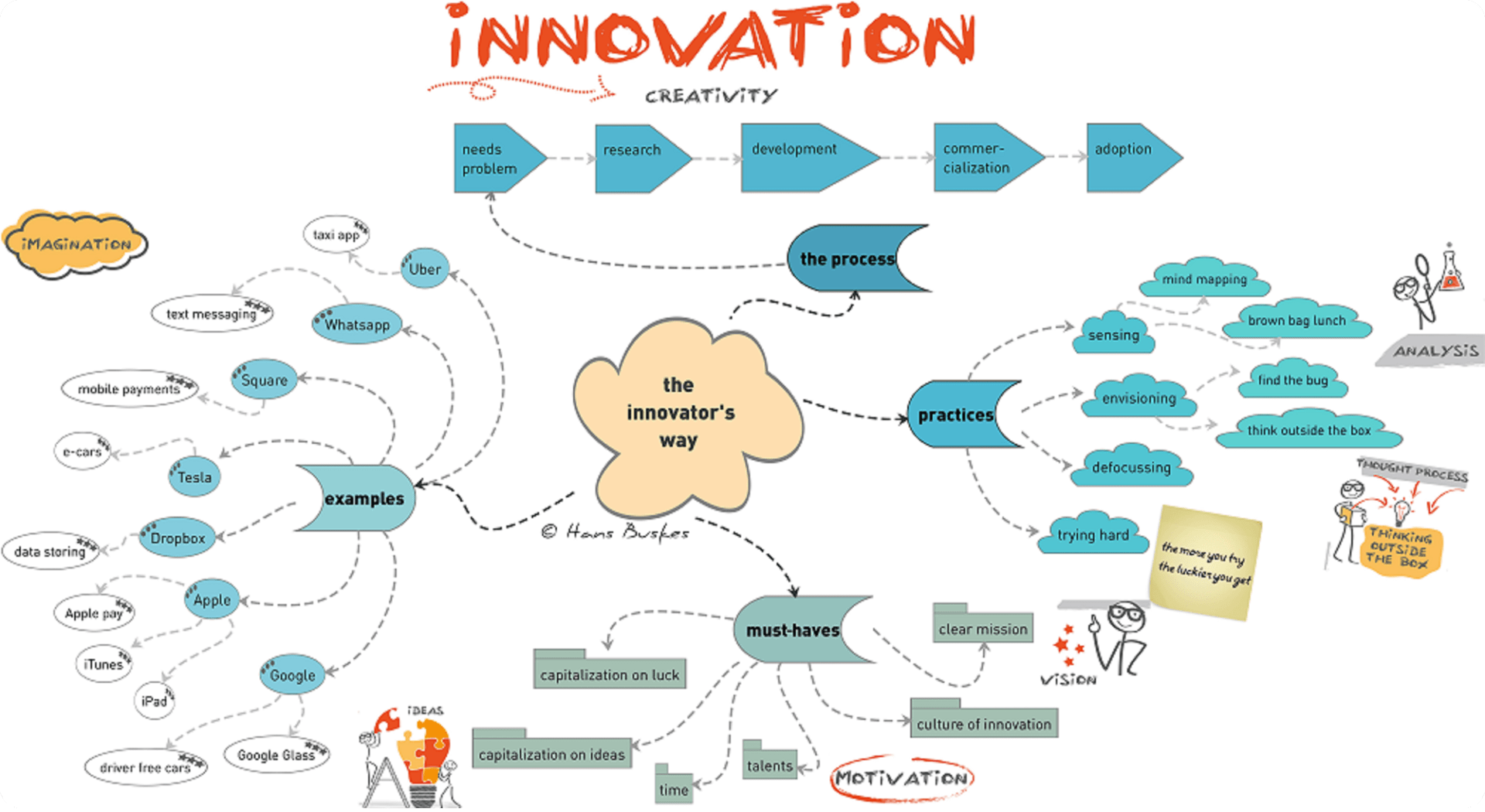You cannot expect yourself to drive innovation at the workplace without having a firm grasp on the elementary facts about the business. It’s hard to keep up with the development of each and every industry but fortunately, there are some trends that hold true for every single line of business. Here are the top 5 tendencies predicted to rule the business scene in 2016 and bound to impact innovators in all sectors.
Scale-up ecosystems are booming
The vast majority of cities around the world offer smart environments that support young ventures and help drive innovation on the local market. Be it special incubators or other forms of startup support, these are just the beginning of a huge trend that is about to unfold this year. Both private-sector organizations and governments are expected to boost employment and innovation rates by investing in building special ecosystems which aim to support “scale-up” programs.
These are considered to be a solution for growing the existing businesses into multimillion ventures. If you’ve got scaling in mind, this is the right time to reach out to local government leaders and remind them that these are serious issues that demand their utmost attention.
The rise of the gig economy
One of the strongest workforce trends these years was the rise of freelancing, often performed remotely. The relationship between businesses and talents is changing – and this is something that inevitably impacts the ways in which organizations drive innovation. Following the rise of the so-called gig economy, it’s high time enterprises learned how to tap into that valuable resource of talented employees and deal with the fact that workers who don’t depend on a steady weekly paycheck might be making a company more agile and innovative.
Today marks only the beginning of a major workforce trend that will ultimately allow the barriers to sourcing and nurturing freelance projects to drop. Enterprises will make the most from remote working tools, cloud computing, and smart platforms dedicated to independent workers – consequently bringing the gig market economy into full bloom. Both established companies and newbies should look into these resources for reducing fixed operation costs, becoming more efficient, and driving innovation by means of engaging real talent.
Big Data will be bigger than ever
Big Data has been big in business for quite a while now, but it’s likely that we’re best prepared to fully benefit from it in 2016. Both B2B and B2C companies are today in fierce competition with each other for gaining key consumer insight, and data science is a rapidly developing field that caters to this need. Naturally, not all data can be considered Big Data, but we’ve seen a vast number of solutions popping up to help these companies deal with surges of information. Most importantly, 2016 is the year when companies are expected to make some serious investments in this sector.
A study conducted by Forbes revealed that today only 15% of Fortune 500 companies are benefiting from big data analytics. And no wonder – Big Data isn’t exactly appropriate for many small and mid-sized companies. Still, Big Data spending is expected to grow by a CAGR of 23% every year until 2019. Enterprises are interested in developing an integrated, analytical perspective on consumer behavior and business operation to enable more efficient sales, marketing, and, most importantly, sector innovation.
Gen Z entering the workforce will shake things up
We’ve been practically fixated on Millennials for some time now, and perhaps some of us were a bit too caught up in hypothesizing whether they’re good or bad workers to notice another generation rising up. The new generation is Generation Z, incidentally the youngest demographic of professionals who are entering the workforce right now. Dubbed Gen-Z, today this group contains teens and young adults born after 1995. Naturally, the oldest ones among them are now 21 years old, practically entering the market in a year or so.
Still, the generation does attract some attention. “These are kids who grew up in a post-9/11 world, during a recession, and during a time in which 1 in 4 American children lived in poverty” – wrote Lagario Chafkin in her analysis of the generation for Inc.com. “They’ve seen their parents and older siblings struggle, and ‘they’ve learned that traditional choices don’t guarantee success”, she continues, citing a report compiled by a New York-based advertising agency, Sparks & Honey.
A study from Northeastern University on Gen Z showed that the generation is very much entrepreneurial and wants to be in full control of their future. These are your typical startup owners and innovators who are confident and entrepreneurial enough to shake the market up in the upcoming years. They’re interested in hands-on skills and practical education – many of them deal with issues like the student debt crisis. This is a generation that will redefine growth hacking and propel different sectors towards innovation, including current and future emerging industries.
The lean business model will win the market
The recent investment bubble is about to burst in 2016. Despite the amazing success of ventures like Dropbox, Airbnb, or Square, the IPO tech market is slowing down and financing is becoming much more competitive. With the falling valuations and investment cuts the startups are losing money and are likely to be cutting costs. Fortunately, there’s an alternative to entrepreneurs who greedily accepted any money offered – the so-called lean business practices, which foster organic growth and promote the creation of meaningful products. Lean startup practices will offer a new way to building sustainable ventures, influencing innovators to become more cost-effective and realistic in their visions.
Business changes every year, and 2016 will be no exception. Keep tabs on these trends to ensure that you’ve got a full understanding of the market and the ways in which business trends impact innovation. This is how you open yourself up to potential opportunities for driving innovation at your workplace.
About the author
Kate Bones is a mastermind behind checkdirector.co.uk – a company director check platform. She combines her interest in innovation and startups with her zest for writing.



